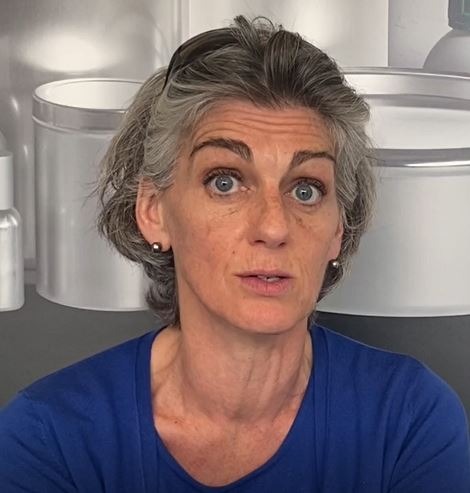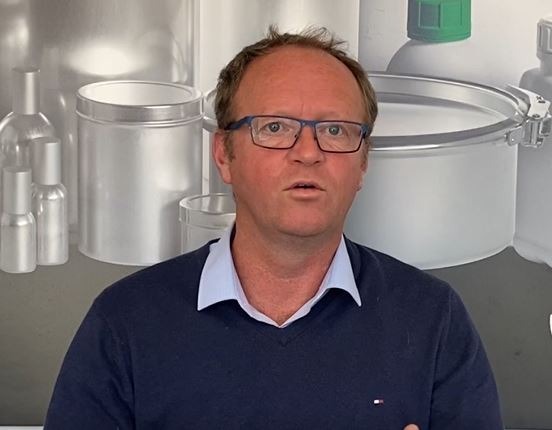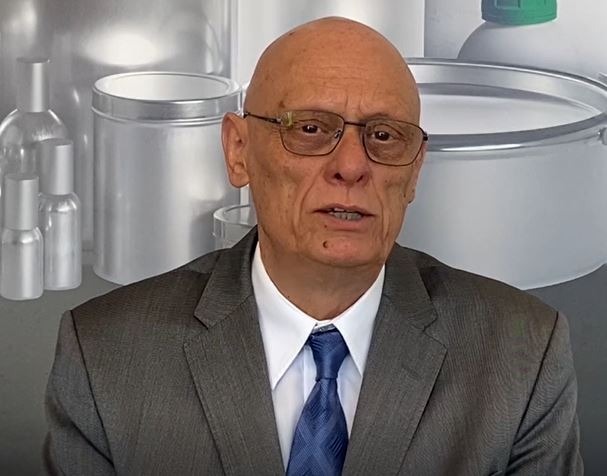Jeanne Lions
Finance and IT Director at Tournaire for the past 20 years.
Head of the crisis unit.
What has been the most impact difficult aspect during this period ?
Difficulty in obtaining protective equipment
In order to maintain production in good sanitary conditions, it was extremely difficult to find the necessary protective equipment for employees. We were forced to multiply the sources of supply and spent a lot of time finding visors, masks and hydro-alcoholic gels. It took a lot of networking and ingenuity to find this equipment.
Constantly reassuring employees at our various sites
What was also difficult was to maintain a very high level of communication with each of our employees so that everyone felt reassured, as this period has been extremely anxiety-inducing.
We also had to manage our subsidiaries, in particular Tournaire Plastic at the Fragne site, in relation to both the supply of protective equipment and communications with employees.
Be more vigilant on managing cash and stress with our partners
Among the difficulties generated by the current crisis, we have noted the need to be extremely vigilant with regard to late payments, which have doubled during this period. We have also noted that we must manage the stress not only of our employees but also of our customers and suppliers in order to create the most serene relationship possible.
I would like to very much thank the members of our crisis management unit, particularly Christelle Baudequin and her theoretical and methodological contribution in relation to quality, safety and the environment. Cathy Lecurieux is extremely dynamic and quick to relay our communications on a daily and permanent basis and I thank Human Resources for their role with our employees. I would also like to thank the IT department for its rapidity and the staff representative bodies with whom we have had an ongoing, constructive, dialogue to help us implement all of the means of prevention. Lastly, I would also like to thank the Metallurgy Industry and Trades Union (UIMM), which is a source of information and valuable advice that has relayed to us information from the government that can be assimilated in our region.





